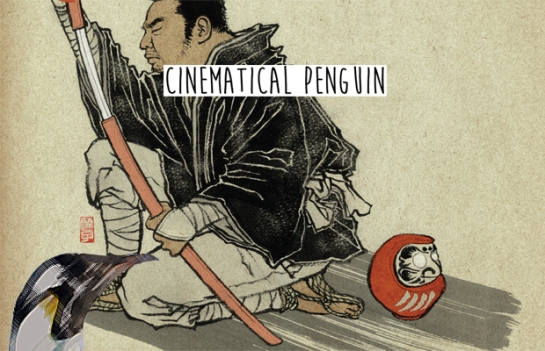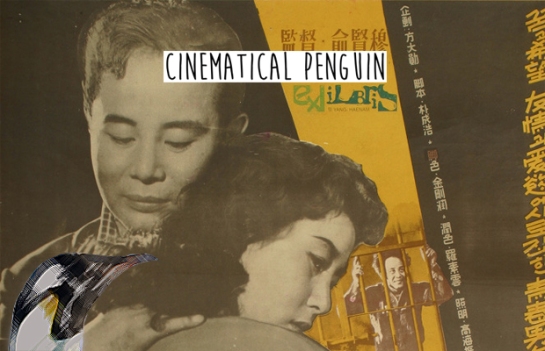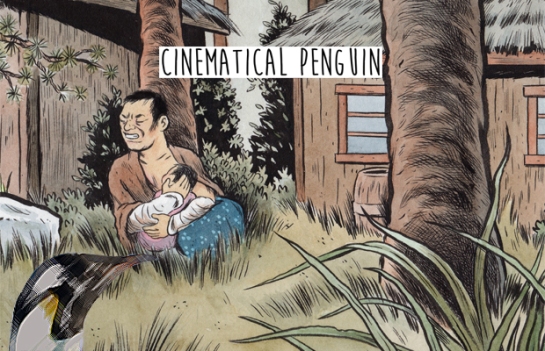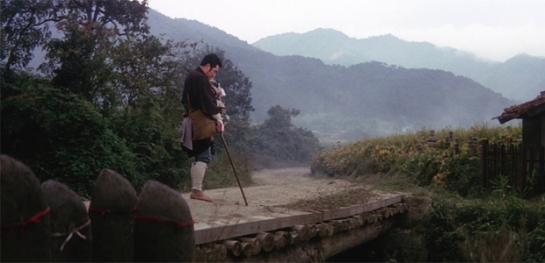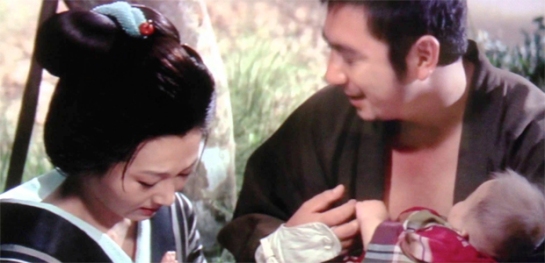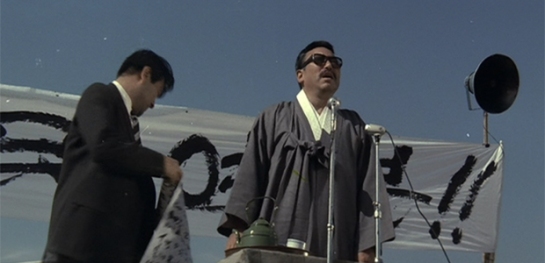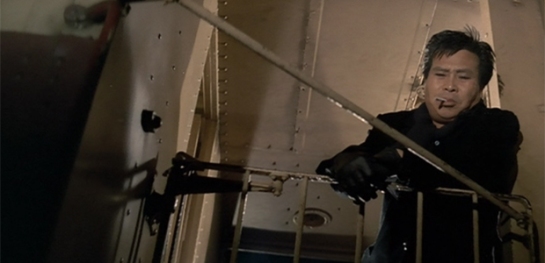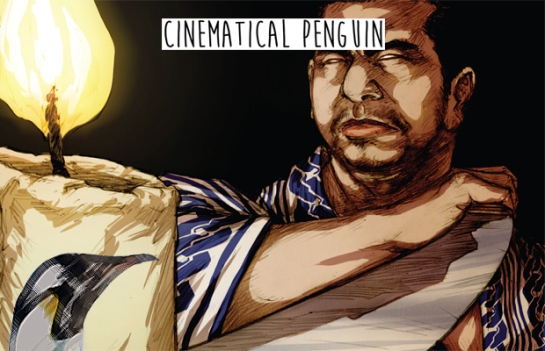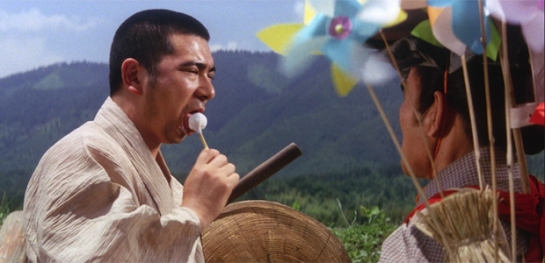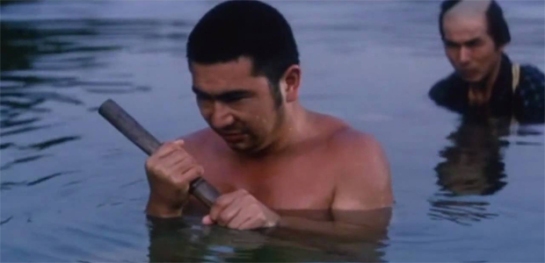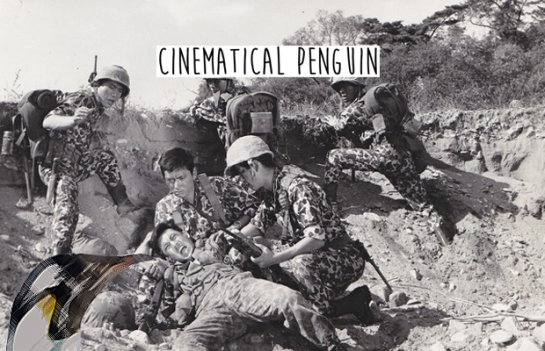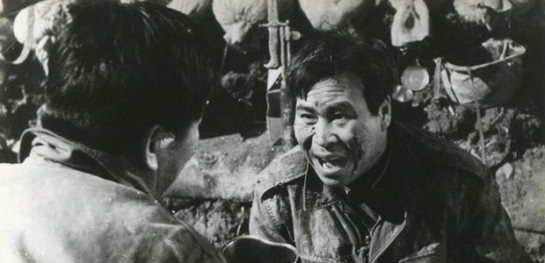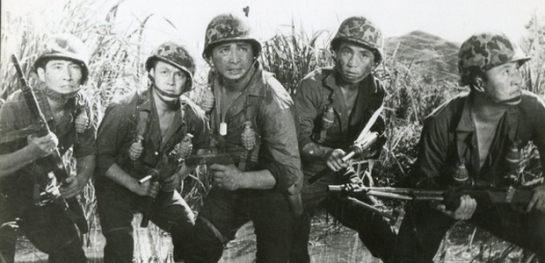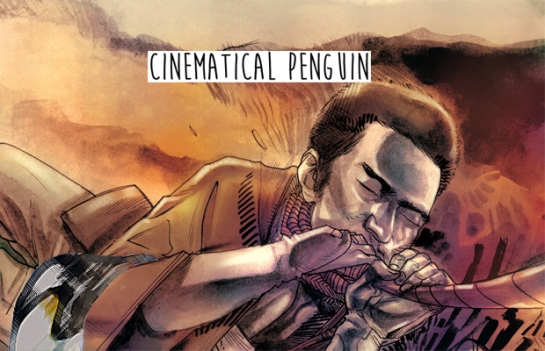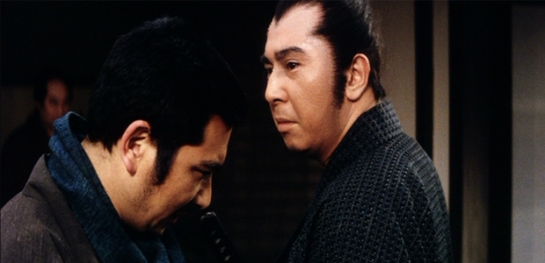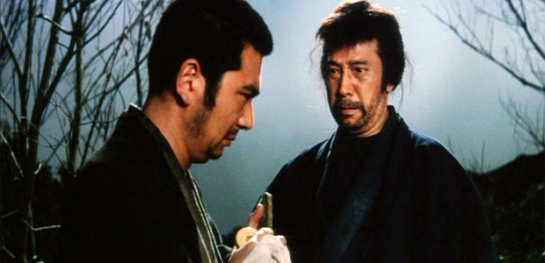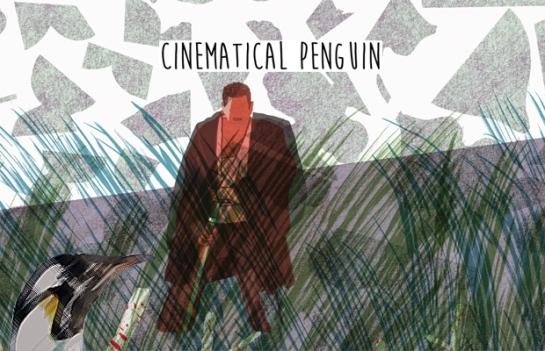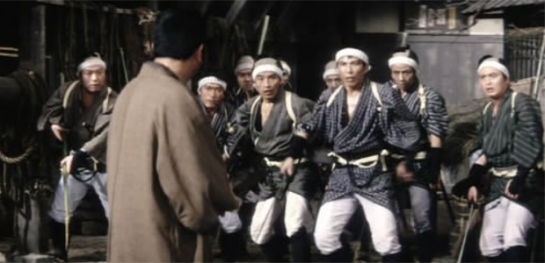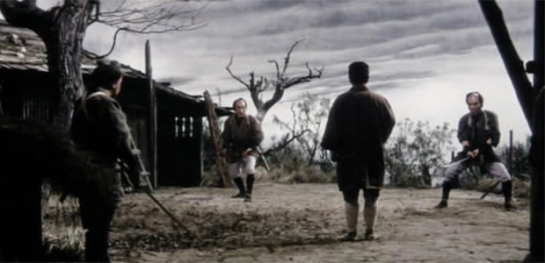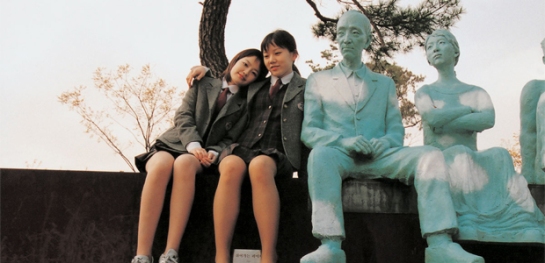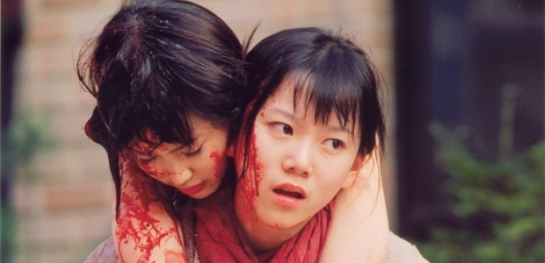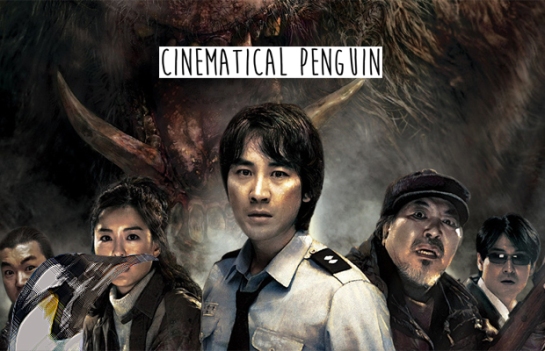 Chaw
Chaw
Year: 2009
Director: Shin Jeong Won
Writer: Kim Yong Cheol, Sin Jeong Won
Starring: Uhm Tae Woong, Jung Yoo Mi, Jang Hang Seon, Yoon Je Moon, Park Hyuk Kwon, Kim Go Cheon, Lee Sang Hee, Go Seo Hee, Park Hye Jin, Heo Yeon Hwa, Jung Yoon Min, Ha Sung Kwang,
South Korea had already impressed in the monster movie department with the fantastic The Host from Bong Joon Ho, but why stop there? Whereas The Host was predominantly a science-fiction creation, Chaw focuses on a beast of nature, a wild boar to be precise, which won’t sound too original to any fans of Australia’s Razorback from 1984. What sets Chaw apart from these features though is just how surreal and bizarre it becomes in short burts, sometimes resulting in hilarity, but equally causing some head scratching moments too.
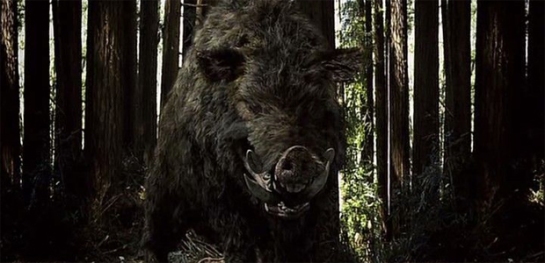
Chaw takes place in a small Korean village where things move by pretty slowly. It’s even known as the “Crime Free Village”, so when a few people start to go missing, it’s kind of a big deal. Meanwhile, Officer Kim (Uhm) has been reassigned to the village from the busy city life of Seoul. The film pretty much follows the outline of Jaws to the extent that some distributors in English speaking markets have even added a ‘Z’ to the title to make it sound the same. The big city cop moves into a small town, the head of the village is worried about tourism during their push of organic foods, hunter’s clearly catch the wrong animal and believe it is the culprit, and so forth. Many of the characters also fill out the same roles, with a police officer, an animal expert, and a hunter taking centre stage.
The derivative nature can be somewhat distracting, and a reason why two views are often necessary for films. Once past the pattern of Spielberg’s masterpiece, there’s a hit and miss comedy of absurdity waiting to break free. The supporting characters seem to have been dragged from a bizarre cartoon, with a crazy lady who demands a homeless boy call her “mommy”, Kim’s mother suffering from dementia, and a hunter who imagines his dog can talk to him in Russian, a trait we are privy to during one very bizarre moment. Sometimes the humour is tired; police officers roll down a hill no less than 4 times in the opening 4 minutes. Then there are other times when the humour is hilarious, such as when the animal expert wants the hunting party to look more surprised by a discovery for the documentary she is making, they oblige and re-enact the entire moment.
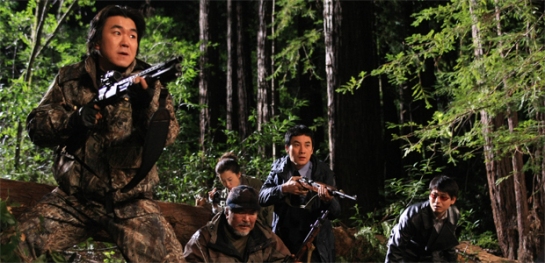
The horror is kept to the first act, and after that it becomes more of an action film. The boar itself looks magnificent in both its CGI and animatronic form. The attacks are also nicely paced, although the same can’t be said for other moments of the film, such as a lengthy pause in Act III which doesn’t seem to add much. Well shot and constructed for the most part, Chaw could have benefited from a more streamlined edit. It certainly requires the viewer to be in the correct mood for the film, but if you are in said mood and you love a bit of monster mayhem, then Chaw will try its best to please.

Will I enjoy it?
You’ll need to love monster films and you’ll need to be able to look past the extensive references to past monster films too. The humour is very absurd at times, although certain scenes have an incredibly dark edge too, such as the death behind one of the victims. Characters range from needless, quirky, cliché, and unlikable, with most of the main ones developing enough to connect with on some level. Animal lovers beware though, the film takes no prisoners.

